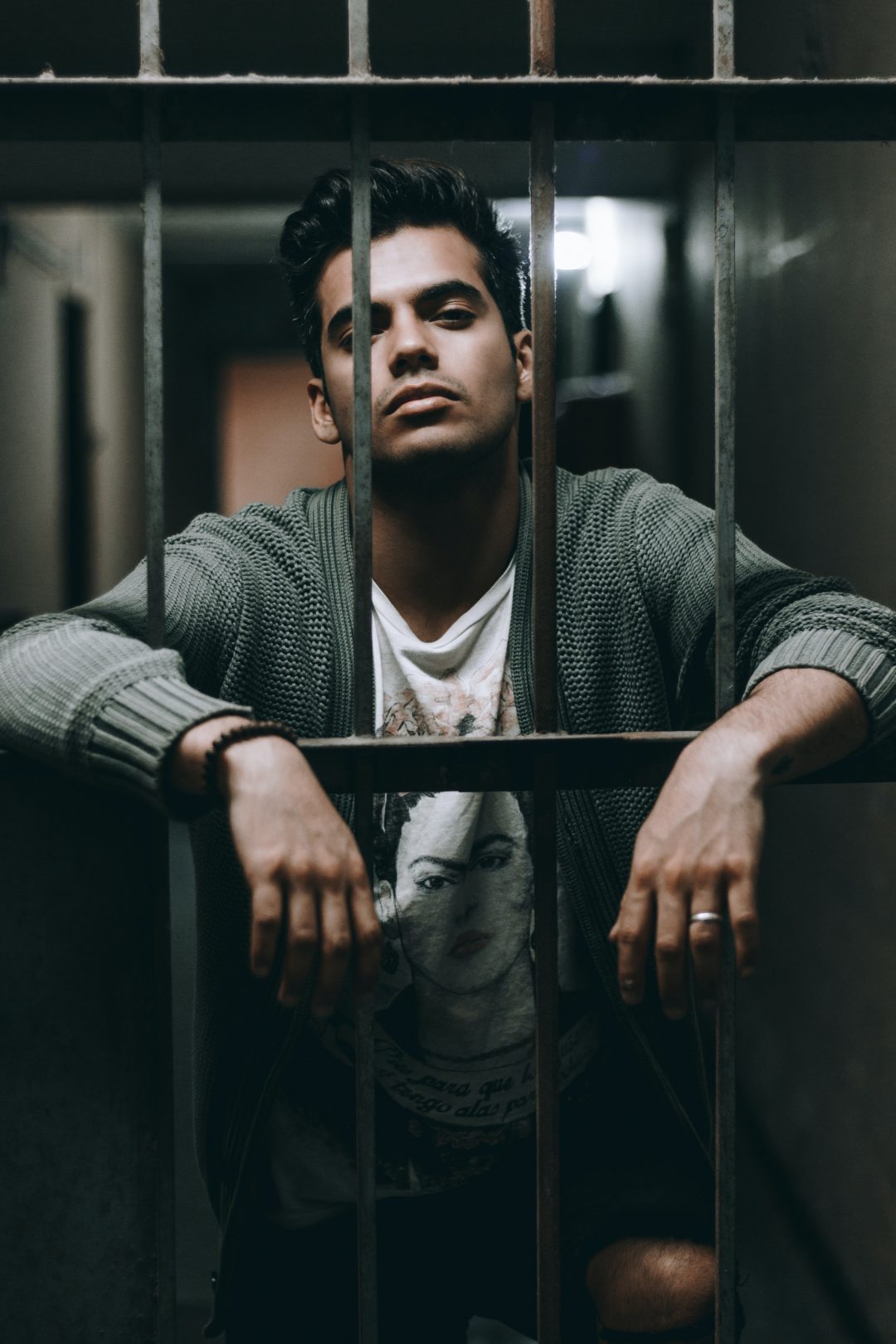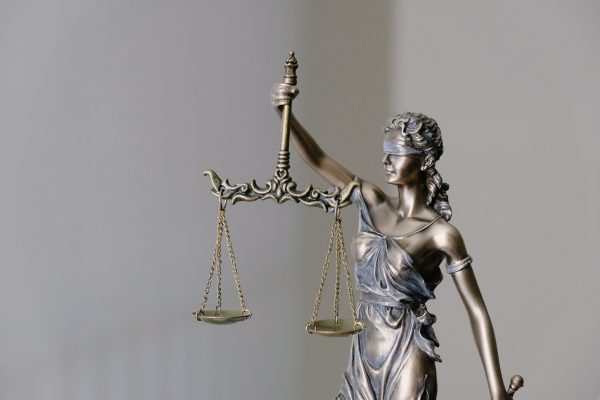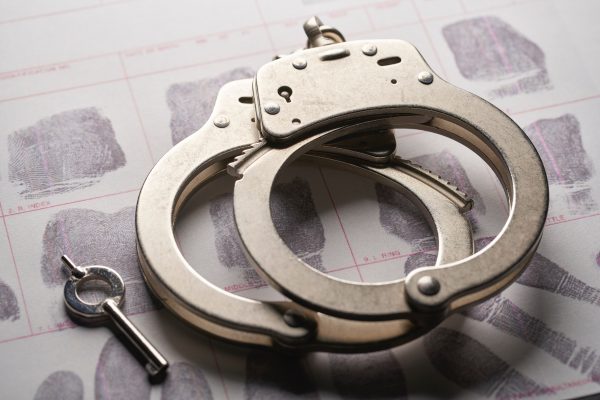
AN ANALYSIS ON THE CAUSES OF JUVENILE DELINQUENCY
By- BRINDA SINGHANIA (Batch: 2018-23)
According to law, a person below 18 years of age is considered a child.[i] Children are like stones that can be carved into a sculpture; any negligence in carving these young minds can root their way into branching out by committing heinous crimes. The term Juvenile emerges from the Latin word “Juvenis”, meaning young, and delinquency is derived from “Delinquer”, meaning to omit. Frederick B. Sussmann, in his book titled “Law of Juvenile Delinquency“, mentioned that “Following are the acts as delinquent, a) infringement of any law or ordinance; b) habitual absence, alliance with thieves; c) brutal or immoral persons; d) beastly beyond the control and authority of parents or guardians.”[ii] In India, after “the UN General Assembly Convention on the Rights of Child”[iii] for the protection of the best interest of Juvenile offenders enabled Parliament to legislate “the Juvenile Justice (Care and protection of Children) Act in the year 2000” and fulfil International obligations, [iv] which was later replaced by “the Juvenile Justice (Care and Protection of Children) Act, 2015”. In the case of Om Prakash v. State of Rajasthan & Anr.[v] the principle of benevolent legislation was discussed in detail. The court held that “An offender cannot hide behind the garb of juvenility if he has committed a heinous crime.” In Dr. Subramanian Swamy And Ors v. Raju Thr. Member Juvenile Justice[vi], the views and laws related to juvenile crimes in various countries were discussed, and the court opined that “If juveniles are involved in grave offences, they should be tried as adults. If the degree of heinousness surpasses all limits, then age should not be considered a restrictive factor and juveniles should be punished according to the degree of heinous crimes that they have committed.” As the cases of Juvenile offences are increasing at an alarming rate, it is essential to look into its causes and find solutions for curbing them.
There are various causes and reasons of Juvenile Delinquency, which helps one understand the criminal behaviour of children based on varying thoughts of Psychologists, Psychiatrists, Lawyers, Philosophers and Sociologists. It is important to note that certain factors lead them in the wrong direction. Thus, an affirmative interference should be made at an early stage to prevent such events from occurring. Some of the causes are:
- ENVIRONMENTAL AND SOCIETAL CAUSES
When a child is reared in a harsh atmosphere or receives little attention from his or her parents, they begin to rely on their peers for guidance and support. Also, economic status plays a major contributing factor in juveniles committing crimes like theft which at a significant level turn into dacoity. Cinemas and social media act as an influencer which pushes them to commit crimes. Watching Pornographic content Online has also deteriorated the morals and ethics present within a child. In Bharatpur, a five-year-old girl was raped brutally by a boy of fourteen years; he was found to watch specific pornographic video clips with his friends, which was considered one of the prime reasons for the commission of an offence. Introducing an element of empathy towards a child during his/ her growing and developing age will provide an incentive to the child to understand the difference in right and wrong, moral and immoral acts and would help in curbing the societal and environmental cause of delinquency, [vii]
- PHYSIOLOGICAL AND PERSONAL CAUSE
The psychology of a child plays a vital role in shaping the behavioural pattern of a child. Schools form a vital role in the upbringing of a child. If the schools fail to guide the children in the right direction, it can be a major contributor to the delinquency factor of the juveniles. Schools around the country must provide proper education to the children, including vocational training regarding anti-social behaviours that a child can experience in his life and sex- education while completing their secondary schooling. However, this cause can be eliminated if civil societies participate enthusiastically in the cause of children. The government shall provide incentives to several NGOs working in the country to support the government in providing alternative economic aid and personal care to the children.
- BIOLOGICAL CAUSE
Various biological problems lead to the anti-social behaviour of children. This anti-social behaviour results in the commission of grave offences. The founder of Biogenic theory, Cesare Lombroso, believes that criminality to be born out of the birth of a human being. Physical attributes are the point of difference between a criminal and other people. According to Medico Biological theory, the reason behind a person’s physical illness is because of inherited characteristics.[viii] All these problems reflect one issue, of diversion of energies. This means that if a child cannot act or think just like an ordinary person due to inevitable sufferings, he tends to divert his energy towards the criminal acts which are anti-social.[ix]
Prevention of Juvenile Delinquency is essential to protect the future of a country. Several recognised measures are adopted across the globe to eliminate the causes of Juvenile Delinquency. India took its first step of preventing juvenile delinquency by enacting “the Apprentices Act, 1850”. The act provided a suitable destination to children’s thinking process by considering them apprentices of their guardian or employee. The concept of reformatory schools providing necessities to children came from enacting “the Reformatory Schools Act, 1897”.
To conclude, authorities shall ensure efficient
implementation of the provisions of the laws and guidelines of the judiciary,
promoting juvenile justice. In this context, the authorities must develop
proper rehabilitation and recreation centres to provide the best environment
for a delinquent’s development. Schemes like “Yuva”
implemented by Delhi Police to mitigate juvenile crime by encouraging
vocational skills among the juveniles, which help them gather acumen to earn a
livelihood, are need of the hour and must be adopted throughout the country. To
be fair, no one is born criminal. Children who choose the road of delinquency
do so because of a variety of factors and situations. As a result, the kid can
benefit from counselling and rehabilitation to help them develop more normal
behaviours at any point in their development.
[i]The Juvenile Justice (Protection and Care) Act § 2 (12) (2015).
[ii]Shivangi Tiwari, Analytical study of juvenile delinquency in India, 5 J. Contemporary Issues of Law.
[iii]UN General Assembly on Convention on Rights of Child, (23rd October 2020). www.un.org/documents/ga/res/44/a44r025.htm/.
[iv]Ved Kumari, The Juvenile Justice Act 2015- Critical understanding, 58 J. of the Indian Institute (2016).
[v]Om Prakash v. State of Rajasthan & Anr., 1988 WLN UC 494.
[vi]Dr. Subramanian Swamy And Ors v. Raju Thr. Member Juvenile Justice, SLP (CRL.) No. 1953 of 2013.
[vii]Charu Singh & Rajeev Singh Bhandari, A study on the Juvenile Delinquency and its supporting factors, Manupatra docs, 4- 5.
[viii]M.E. Wolfgang, Pioneers in Criminology; Cesare Lombroso (1835-1909), 52 J. of Cri. L. and Criminology (1961).
[ix]M.F. Ashley Montagu, The Biologist Looks at Crime, 217 Sage J., 46- 57 (1941).



